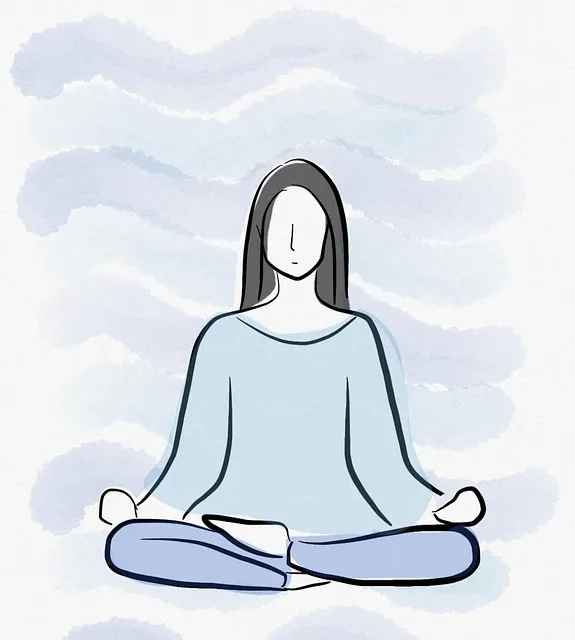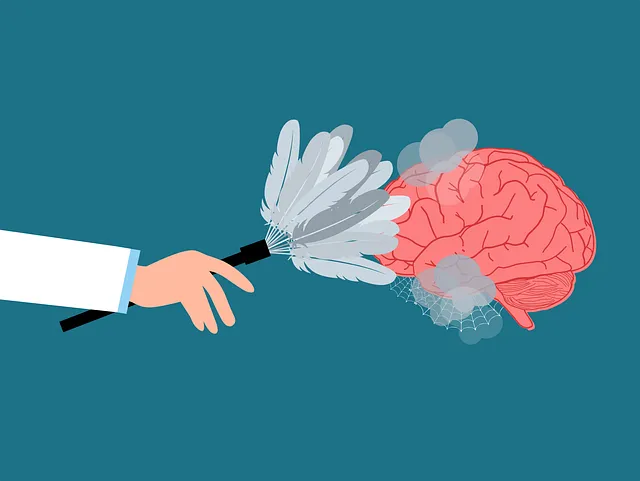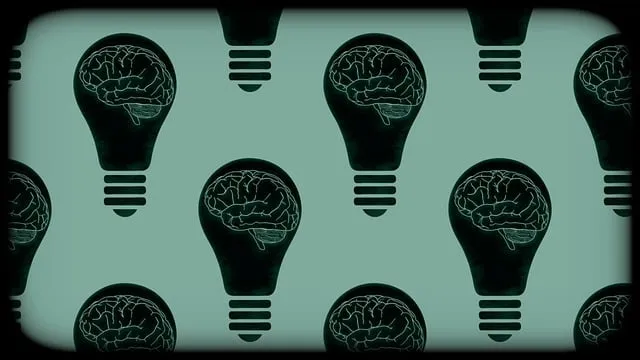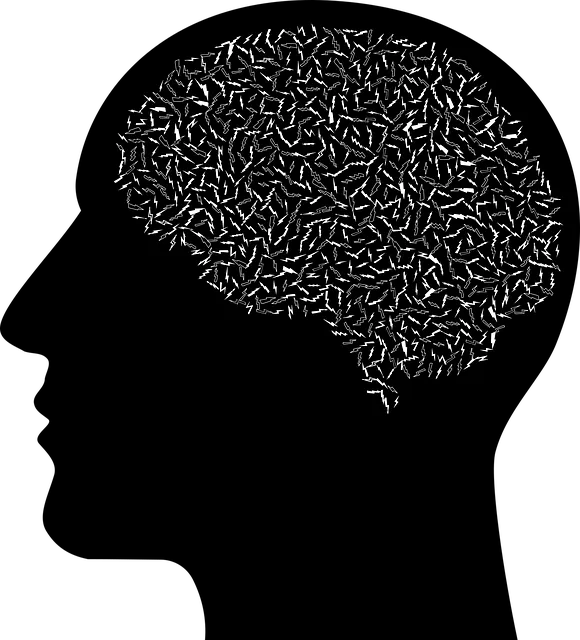Aurora Kaiser Permanente promotes resilience through its RFM (Resilience, Flexibility, Mastery) approach, focusing on thriving rather than merely coping with stress. They foster flexibility and emotional well-being through tailored exercises like self-awareness and compassion cultivation. The organization prioritizes mental health professional well-being with holistic resilience building, mindfulness, stress management, and emotional regulation techniques. Experts recommend integrating RFM principles—mindfulness, physical activity, and journaling—into daily routines for enhanced long-term mental well-being, as exemplified by the Mental Wellness Podcast Series.
“Resilience is a powerful tool in maintaining mental health, especially in navigating life’s challenges. This article explores the concept of RFM (Recovery, Flexibility, and Mastery) as a framework for building resilience, drawing insights from Aurora Kaiser Permanente’s innovative approach. We’ll delve into practical exercises that enhance flexibility and mastery, offering strategies to integrate RFM into daily routines for improved mental wellbeing. Discover how these techniques can empower individuals to thrive in the face of stress and adversity, mirroring Aurora’s successful implementation in promoting robust mental health.”
- Understanding RFM and its Role in Mental Health
- Aurora Kaiser Permanente's Approach to Resilience Building
- Techniques for Enhancing Resilience Through Exercises
- Integrating RFM into Daily Life for Long-Lasting Mental Wellbeing
Understanding RFM and its Role in Mental Health

Understanding RFM, or Resilience, Flexibility, and Mastery, is a crucial component in the realm of Aurora Kaiser Permanente mental health services. This framework recognizes that building resilience isn’t just about coping with stress; it’s about thriving despite challenges. By fostering flexibility in thought and action, individuals can adapt to life’s curveballs and maintain emotional well-being promotion techniques. RFM aims to strengthen one’s sense of mastery over their life circumstances, enabling them to face adversity with a growth mindset.
Resilience-building exercises, such as self-awareness exercises and compassion cultivation practices, play a pivotal role in this process. These activities empower individuals to recognize their strengths, develop coping mechanisms, and cultivate empathy for themselves and others. In the context of Aurora Kaiser Permanente, these techniques are tailored to meet the unique needs of each individual, fostering not just survival but true flourishing amidst life’s complexities.
Aurora Kaiser Permanente's Approach to Resilience Building

Aurora Kaiser Permanente takes a holistic approach to resilience building, recognizing that mental health professionals’ well-being is paramount to delivering quality care. They integrate various Stress Reduction Methods into their program, focusing on mindfulness, stress management techniques, and emotional regulation strategies tailored to individual needs. This proactive initiative aims to foster a culture of resilience within the organization, addressing not only personal challenges but also the unique pressures faced by mental health professionals.
Through regular workshops and training sessions, Kaiser Permanente encourages staff to engage in self-care practices and develop coping mechanisms. They also conduct comprehensive Risk Assessment for Mental Health Professionals, identifying potential stressors and risk factors early on. Furthermore, their commitment extends to Mental Health Policy Analysis and Advocacy, ensuring policies promote a supportive work environment and access to resources that enhance resilience among employees.
Techniques for Enhancing Resilience Through Exercises

Building resilience is an empowering process that can significantly contribute to one’s overall well-being, especially in managing stress and emotional challenges. Aurora Kaiser Permanente mental health experts recommend a range of exercises tailored to enhance this essential life skill. One effective technique involves mindfulness practices such as meditation and deep breathing exercises. These simple yet powerful tools help individuals stay grounded in the present moment, reducing the impact of stressful thoughts and emotions. By regularly incorporating these practices into daily routines, one can improve their ability to cope with life’s demands.
Another strategy is engaging in physical activities that promote stress reduction methods. Exercise releases endorphins, often referred to as ‘feel-good’ hormones, which can alleviate symptoms of depression prevention and anxiety. Activities like yoga or even a brisk walk in nature can provide an outlet for tension and foster a sense of calm. Additionally, keeping a journal can be an effective way to develop coping skills; it allows individuals to process emotions, reflect on experiences, and identify patterns, thereby fostering personal growth and resilience.
Integrating RFM into Daily Life for Long-Lasting Mental Wellbeing

Integrating RFM (Resilience, Flexibility, and Mindfulness) into daily routines is a powerful strategy for enhancing long-term mental wellbeing, as advocated by experts like Aurora Kaiser Permanente. This approach goes beyond fleeting fixes; it’s about cultivating sustainable resilience that can weather life’s storms. By incorporating mindfulness practices, flexible thinking, and adaptive coping skills, individuals can navigate challenges with greater ease and maintain a sense of inner calm.
Public Awareness Campaigns and Development initiatives focused on Mental Wellness have recognized the profound impact of these exercises. The production of Mental Wellness Podcast Series, for instance, plays a significant role in sharing practical insights and inspiring conversations around resilience building. By making RFM accessible through such platforms, we can foster a culture that prioritizes mental wellness as an integral part of daily life.
Resilience, as a cornerstone of mental wellbeing, can be cultivated through exercises like those practiced by Aurora Kaiser Permanente. By integrating RFM (Resilience Factor Model) into daily routines, individuals can enhance their ability to navigate life’s challenges. This article has explored the significance of RFM in mental health, Aurora Kaiser Permanente’s innovative approach, and practical techniques for building resilience. Adopting these strategies, inspired by industry leaders like Aurora Kaiser Permanente, can lead to improved mental health outcomes and a more fulfilling life.


